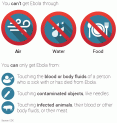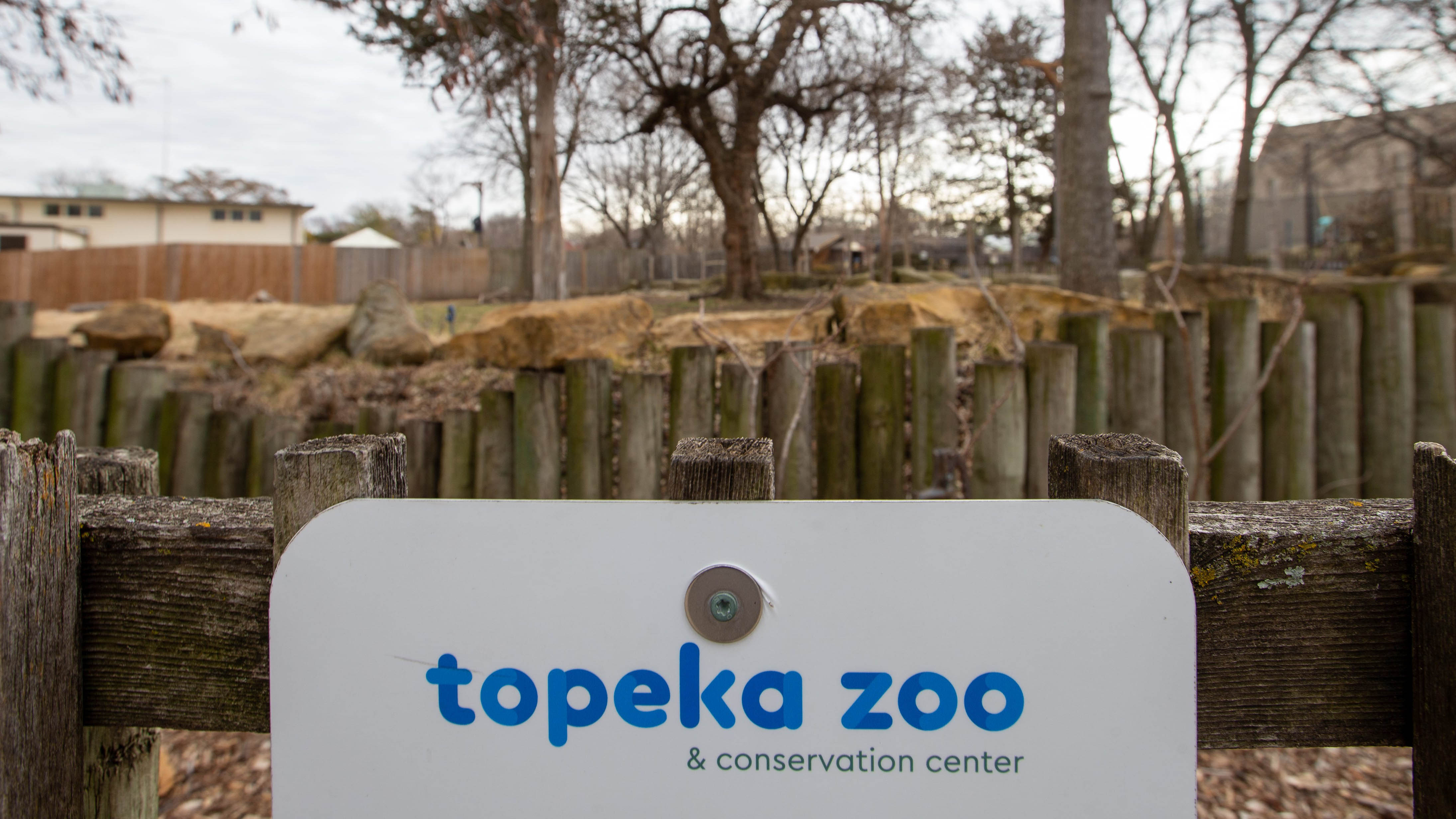Two students from Africa who were scheduled to start classes at a New Jersey school Monday will instead stay home past a 21-day waiting period due to Ebola concerns, despite the fact that they are symptom-free and are not from an area affected by the virus.
A nurse at the Howard Yocum School in Maple Shade Township, New Jersey sent a letter to staff members informing them that two new students from Rwanda, Africa would be arriving at the school on Monday.
“This is not an area identified as a country with an Ebola outbreak, however l am taking precautions as per the health guidelines of the Burlington County Health Department,” the nurse wrote. “I will be taking the students' temperature three times a day for 21 days.”
In the letter, the nurse cites a Centers for Disease Control recommendation that all healthy people who arrive in the United States from an Ebola affected area be checked for fever daily for 21 days. She also acknowledges in the same letter however that Rwanda is not an area affected by Ebola.
The nurse informed the school staff she would check the students before they start school, at lunch time and at the end of the day.
“They may continue their usual activities during this time," the nurse wrote. "If they remain healthy during the 21 days, they are not at risk for Ebola. If they get sick the 21 days after returning from an Ebola affected area, they are not at risk for Ebola. This means that they are ill from another source. If there is a fever of 100 or greater, the student will be sent home.”
Bryan Huff, a custodian at Yocum Elementary, told NBC10 the letter caused a panic among parents of children at the school as well as staff.
U.S. & World
Stories that affect your life across the U.S. and around the world.
"A lot of people were going to pull their kids out of school," Huff said. "A lot of people weren't going to go to work."
Gina Mulherin, a parent of a student at Howard Yocum, told NBC10 she sympathized with the parents of the new students but ultimately agreed with the school nurse's decision.
"It's a little unsettling to think that your child would be getting their temperature taken three times a day," she said. "But again, it's better to be safe than sorry."
Anxiety from parents turned to relief Saturday however when Maple Shade School District Superintendent Beth Nocia announced the parents of the new students chose to keep them home past the 21-day waiting period.
“The Maple Shade School District takes the health of all students and staff very seriously,” Nocia wrote. “As many of you are aware, we have students who have spent time in the eastern portion of Africa that were scheduled to start in our schools on Monday. This area of Africa has been unaffected by the Ebola virus. Despite the fact that the students are symptom-free and not from an affected area, the parents have elected to keep their children home past the 21-day waiting period. The family is looking forward to joining the Maple Shade Schools the following week.“
Nickiesha Samuels, another parent at the school, told NBC10 she's happy with the choice the parents made.
"Them taking an extra week beyond the 21 days before coming to school is more than appreciated," she said.
Huff also said he was relieved by their decision.
"Now we don't have to worry about anything," Huff said. "We actually know that they're going to be fine when they come to school. So we have no worries on our shoulders."
NBC10 reached out to the school nurse as well as Nocia. We have not yet heard from either of them.
The first confirmed case of Ebola in the United States sparked immediate concerns about who may have been exposed and helped shed light on how the potentially deadly virus is, and isn’t, spread.
Ebola can only be spread by infected people who show symptoms, the Centers for Disease Control and Prevention said. If an exposed person does not develop symptoms within 21 days of exposure, the person will not become sick with Ebola, according to the CDC.




